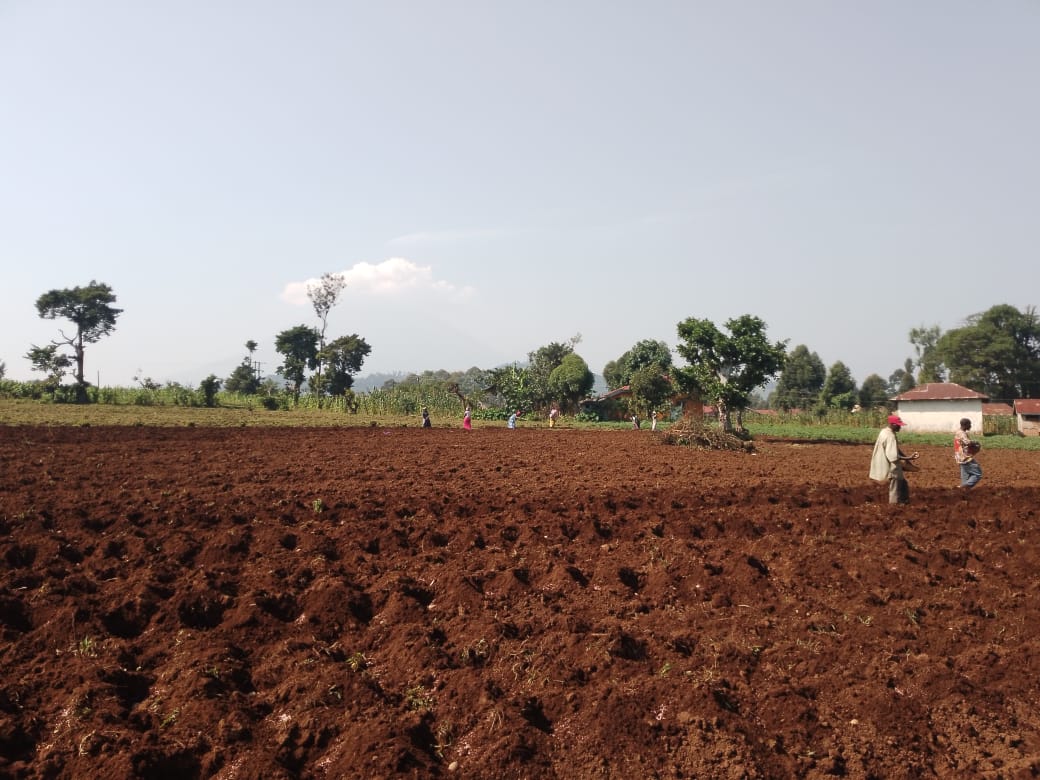In a move to promote agricultural innovation and increase crop yields, the Kachwekano Zonal Agricultural Research and Development Institute (KAZARDI) recently organized a training session for farmers on apical cuttings, a groundbreaking technique in potato propagation. This training provided hands-on exposure to the latest technologies and innovations in agriculture, equipping farmers with essential skills to enhance productivity and improve the quality of their potato crops.
What Are Apical Cuttings?
Apical cuttings involve taking stem segments from the growing tips of potato plants and planting them to produce new plants. Unlike traditional tuber-based planting, apical cuttings allow farmers to propagate large quantities of high-quality seed potatoes from a single plant, thereby increasing yields and reducing dependency on conventional seed tubers. This method is especially beneficial in regions with limited access to certified seed potatoes, as it can lower costs and improve crop resilience.
Key Benefits of Apical Cuttings in Potato Farming
- Cost-Effective Seed Production: Apical cuttings provide a more affordable way to produce high-quality seed potatoes, reducing farmers’ need to purchase expensive certified seed tubers each planting season.
- Disease-Free Planting Material: Apical cuttings are sourced from disease-free stock plants grown in controlled conditions. This minimizes the spread of pathogens that are commonly found in seed tubers, ensuring healthier plants and higher yields.
- Increased Yield Potential: With apical cuttings, farmers can produce more plants per season, leading to an increase in yield potential. This technique helps farmers meet the growing demand for potatoes in local and regional markets.
- Adaptability to Climate Change: Apical cuttings can produce resilient plants better suited to withstand climate-related challenges such as extreme temperatures and unpredictable rainfall patterns, which are becoming more common in regions like Kisoro.
Farmers’ Training and Exposure at KAZARDI
At the KAZARDI training, agricultural experts introduced farmers to the basics of apical cuttings, including how to prepare, plant, and care for the cuttings to maximize their productivity. Demonstrations were conducted in the institute’s experimental fields, allowing farmers to witness firsthand the growth stages and management practices for apical cuttings.
Farmers learned valuable skills, including:
- Preparation of Mother Plants: Selecting and nurturing mother plants that will provide disease-free apical cuttings.
- Cutting and Planting Techniques: Understanding the best practices for cutting and planting to ensure high success rates and uniform crop growth.
- Field Management: Guidance on fertilization, pest control, and other agronomic practices to maintain healthy plants throughout the growing season.
Impact on the Local Farming Community
The adoption of apical cuttings has the potential to transform potato farming in Kisoro District and neighboring areas by providing farmers with a reliable, high-yielding, and disease-resistant method of potato propagation. With the skills and knowledge gained from the KAZARDI training, farmers can improve their productivity, meet market demands, and achieve greater economic security.
Moving Forward: Supporting Agricultural Innovation
KAZARDI’s efforts to introduce farmers to apical cutting technology are part of a broader initiative to promote sustainable agricultural practices and reduce poverty through innovation. By working closely with agricultural research institutes, government agencies, and non-governmental organizations, the institute is creating pathways for farmers to access new technologies, contribute to food security, and build a resilient agricultural sector.
The successful training on apical cuttings marks an exciting chapter for potato farmers in Kisoro District, empowering them to adopt modern agricultural techniques and create a more prosperous future for themselves and their communities.




